|

Tell us about This Mobius Strip of Ifs
It has given me the most pleasure because I was freewheeling in my approach and many essays were written over four decades and reflected the thinking I had at different stages of my adult life. Reviewed as “honest and challenging” and “confrontational” by others, that is only partially accurate. Upon reflection, the book is about the emergence of a self, or what Krishnamurti called, the “awakening of intelligence.” The book is an intimate and open assessment of self, and now at 72 I see where I have trod and what lay before me. In short, I throw mud on a society which is essentially corruptive and conditioning.
I find it both telling and compelling that I see myself as subversive, in most things cultural and psychological.
So it is a book of essays? What genre is it?
Essentially it is a mixture of my reminiscences, insights, observations and criticism using the vehicle of the personal essay, I also examine the use and misuse of psychotherapy, childhood trauma, complicated relationships, my frustration as a teacher, and the enduring value of tenaciously writing through it all.
What kind of readers will it appeal to?
It is aimed at individuals who do not have a need to be comfortable with their values, who are willing to be open and existentially uneasy.
Did you say the essays were written over a long period of time?
I wrote these essays at different times in my life for over four decades. And they reflect an evolving self.
The essays cover a wide range of subjects. What would you say is the unifying theme of the book?
I struggle to be psychologically free. I can affirm that all my writing is about my need to be psychologically free, of myself, especially you, and of the world which conditions.
And the worst felon in all this is the monolithic and mammoth conditioning of religion which is the dragon at the gate. Religion is man-made. (Take a deep breath.) Consequently it is corruptive.
Do you have a favorite essay or section from the book? Can you tell us about it?
In the middle of the book I forsake the essay format and include an extensive exchange (“A Spousal Interview”) with my wife, Jane. She asked me a series of questions which were provoking and challenging, so I had an opportunity to explore the inner-directed self I think I am. I spoke about my childhood, one of benign neglect, of a malignant psychotherapist who tried unconsciously to damage who I was, of my years as a teacher, a kind of torturing I am finished with, of how I came to engage Freud, Kazantzakis and Krishnamurti, all of whom had a powerful impact upon my evolving self. I clarified for the reader as well as for myself what kind of person had constructed this book of personal essays. It was a good idea to do that. I think it goes beyond the mere informative but reveals, hopefully in a striking way, the kind of man I am and the kind of author I became.
A book of essays such as This Mobius Strip of Ifs can expose more of the author’s soul than any autobiography can. This is something you are comfortable with?
Absolutely. A reviewer in England, the land of the politically correct, was perturbed about my openness, criticizing it as unnecessary – in other words, I shaved too close. After my own treatment and my own practicing as a psychotherapist for over two decades, I have no time to dawdle, dither or suppress who I am. I devoted a third of my life in helping others self-reveal themselves. Why would I ever return to the repressed?
Writing a book is never easy, but other than that, what has been the toughest part – editing or marketing?
I read recently that the average amount of books sold by a self-published author is about 150. Thoreau sold 75 copies of Walden. I have given up on marketing except to deal with a wide range of bloggers who, in some cases, are demented, thinking that they are literary critics. I wrote a specific essay about bloggers in my book, calling many of them yahoos. Pretentiousness reigns, from pompous review policies to reading challenges in which the amount of books read in a year in some way determines your learnedness. Sure. I do wait months and go back over the book for editing. Sometimes an error pops up after reading an essay repeatedly. So, I write my books in this autumnal part of my life as I watch the leaves fall. Kazantzakis’s epitaph comes to mind: “I hope for nothing. I fear nothing. I am free.”
Can you tell us a bit more about yourself?
I’ll avoid the bio blather. We are all born to be done away with. Again I go to an epitaph (how fitting) to help reflect, this time Epicurus: “I was not; I have been; I am not; I do not mind.”
Have you got a blog where readers can keep up with your work?
You can enroll on my blog and receive my weekly essay at www.mathiasbfreese.com. It is a writer’s blog.
Where can we buy This Mobius Strip of Ifs?
From the publisher, Wheatmark.com, Barnes & Noble and Amazon, of course. If you write me a an engaging and feeling email, I’ll send you one free as a sharing.
What’s next?
The next book is already finished and I am thinking of how to go about getting it published. At present Dzanc publishing is reviewing it. I have submitted chapters to several online magazine contests, ten stories were published in 2011 which is amazing. I recently was a finalist at the Leapfrog Press contest, having survived the onslaught of 400 or so manuscripts and came in as one of the top three.
I do not have a vast readership nor do I devote many hours to promoting the book. I try to do what I can but refuse to be sucked into rampaging capitalism which is all the rage across the internet, the hustling, self-promoting, the drool at some writers’ mouths as they urge you to read this or that.
|


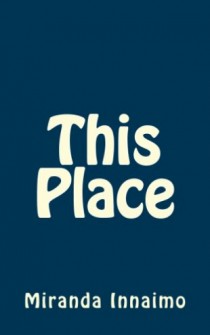

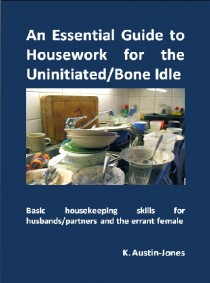
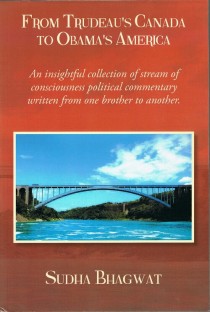
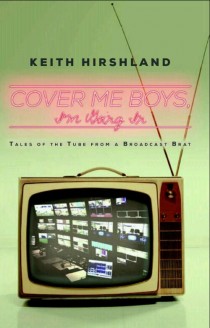
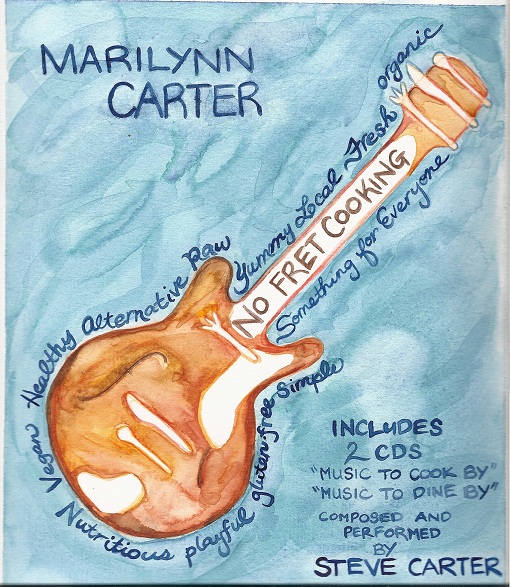

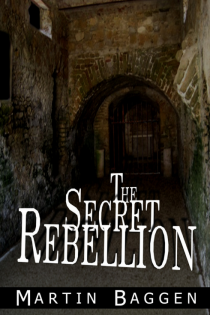
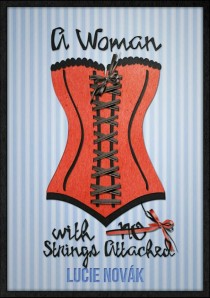
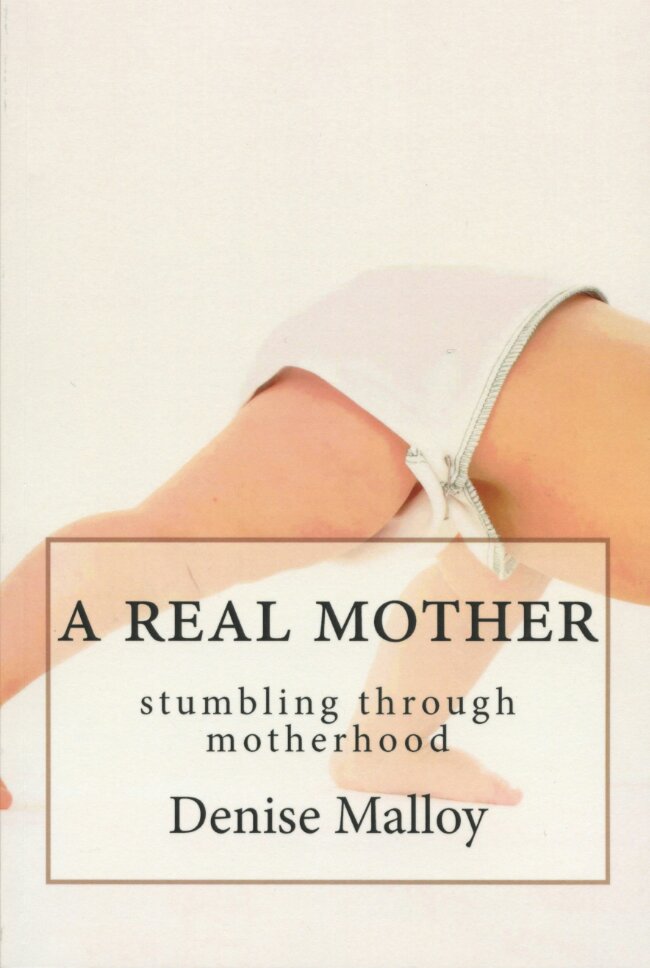
Leave a Facebook, Google+ or Wordpress Comment